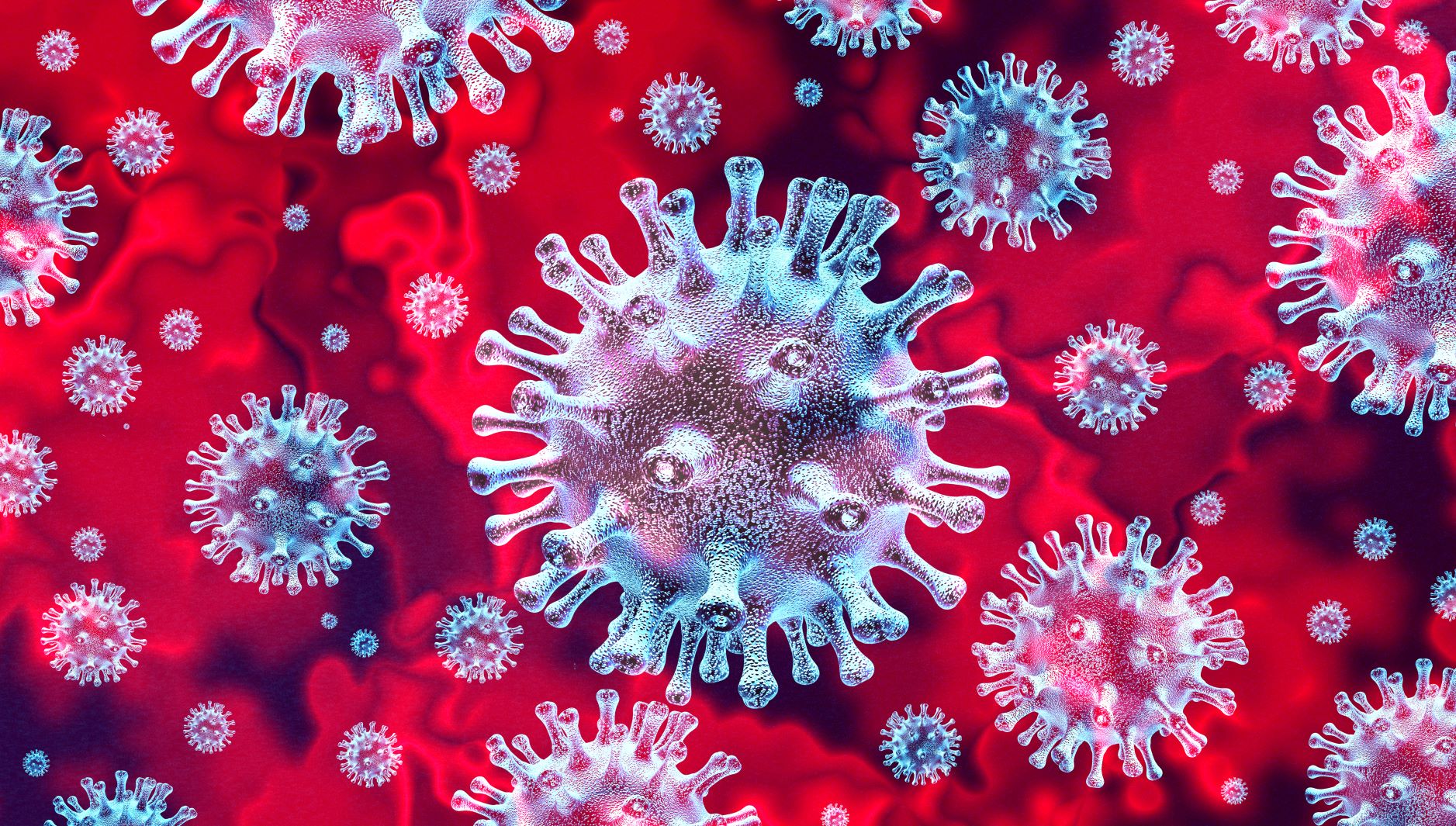Coronavirus – get the message right

The onslaught of coronavirus headlines is overwhelming. Cutting through the hysteria for the facts feels near impossible. We are crying out for clear and confident advice – who would we normally we turn to for this? The government, our NHS and its team of health experts. Yet this is a government who not only appears
The onslaught of coronavirus headlines is overwhelming. Cutting through the hysteria for the facts feels near impossible. We are crying out for clear and confident advice – who would we normally we turn to for this? The government, our NHS and its team of health experts. Yet this is a government who not only appears to be losing the battle on the coronavirus, but is also losing on the information battle front too.
We have seen the food (and toilet rolls) disappear off the shelves, people get harassed if they cough in the public and for an increasing number of people the immediate thought, when they have the first signs of cough, is this it?. We have become a very anxious nation and, perhaps, very soon a panicked nation.
Yes, the headlines are angst inducing. The 24-hour news cycle has to be fed and this virus is the perfect meal for our media outlets. The perfect ingredients are all there: illness, death, economic disaster and political mayhem. Every day the figures go up – and the fear gets ratcheted up a notch with every so-called experts’ two columns of newsprint or five minutes on Sky news. And that is without reading every google doctors’ or online conspiracy theorists’ “expert opinions”.
The government has told us it is cracking down on false news, while urging us to contact its trusted online and telephone health information source – 111 – for advice. But if you tried phoning the health hotline this week you will have found yourself going around in circles for clarity on what to do if you’ve got a cough, temperature or a sniffle. The only way you could receive advice is if you had returned from abroad or been in contact with someone with confirmed coronavirus. I certainly don’t know if I have been in contact with someone and neither have I returned from an affected country in the last 14 days. But if I’d wanted to know what to do if I’d developed a cough in the last few days then I’d been none the wiser.
Trust in the government’s main source of information and advice has been undermined. Add into the mix a lack of information for travellers when they land back in the country and the authorities’ authority on the subject appears pretty weak.
So what are the alternatives? – the media and the internet experts? The BBC has tried its best to take a more balanced view, but even it can’t help slipping into sensationalist mode.
The government needs to get a grip with clear and simple messaging – presented consistently and updated regularly from one easily accessible and trusted source. This is a government which swept to power on a one-line slogan – Get Brexit done. It is understands a simple message. Now is the time for clear messages about how we get through the next few weeks and months without the sensational headlines becoming a reality.
Recent blog posts
- Transparency and honesty are key for telling your green stories
- Crisis management can sometimes be just a sincere apology
- Greenwashing is top of the meeting agenda
- Social care in the pandemic – a sector of heroes
- Winds of change or blowing in the wind?
- “Give us good news for a change,” say the newsdesks
- Coronavirus – get the message right
- The news source dilemma
- No more cat and dog videos….Really?
- Video – keep it simple
- Identify the risks to your reputation
- Making staff your social media ambassadors
- Getting connected
- It’s good to talk
- Loose words will damage your reputation
- 10 days to approve a tweet – something is wrong
- Thought leadership – let the world know your original thinking
- Recycling commonsense – clear and simple communications are key to cutting waste
- Challenge the norm to stand out… but leave the rock n’ roll to Liam Gallagher
- NHS story tellers – blood, sweat and tears (and a good story) are needed to make the headlines
- It was the tweet wot won it (well almost!)
- Fake news – how about fewer fake reporters?


